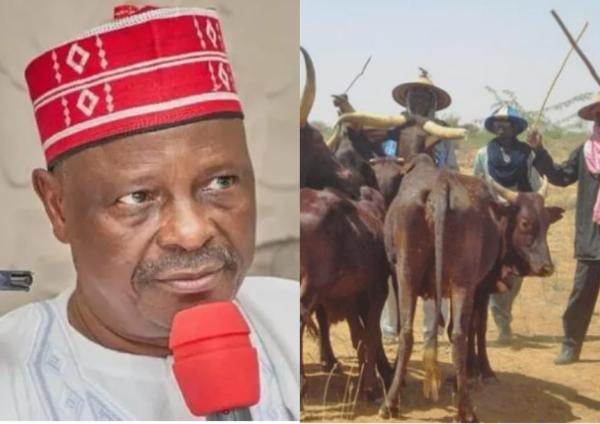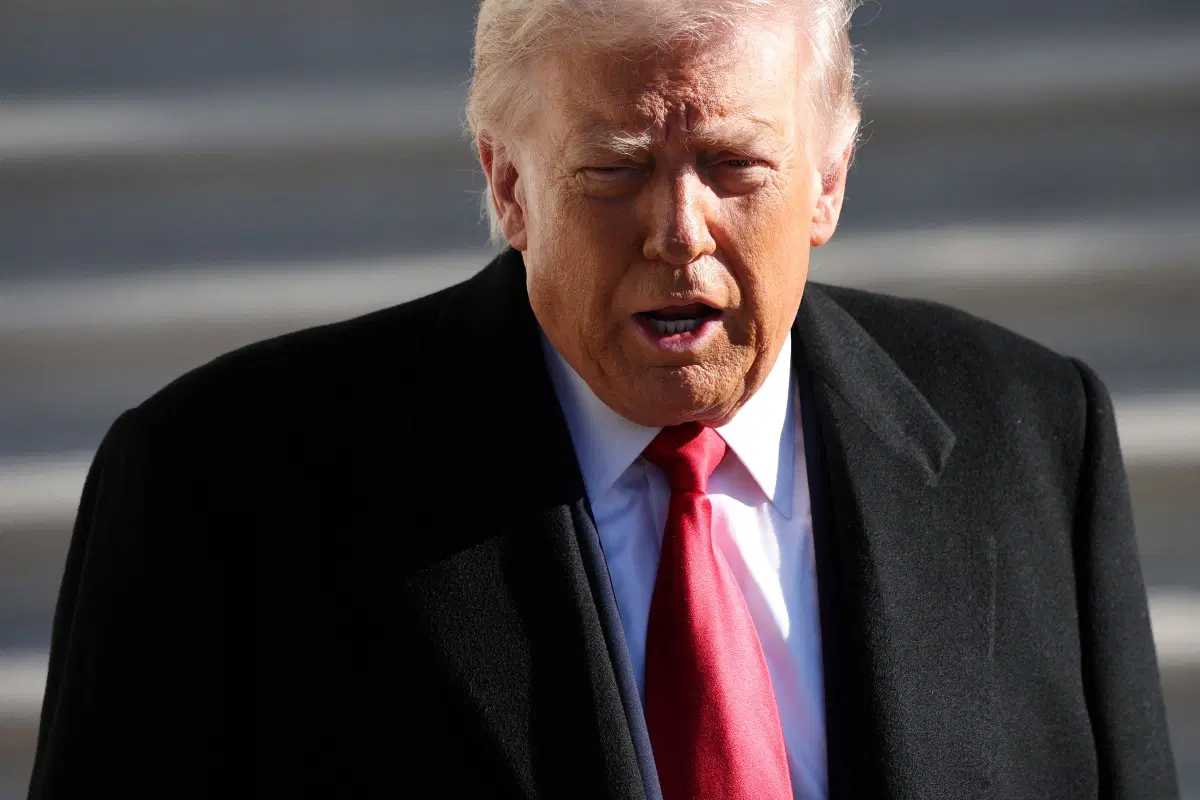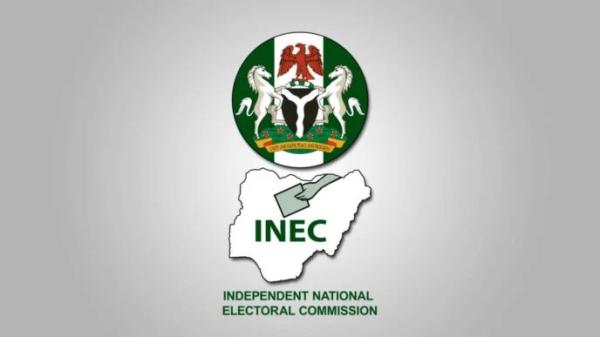
Mali has imposed visa bond on U.S. citizens in a diplomatic reciprocal move after a similar visa policy was recently imposed by the United States on several African nations, including Mali.
Mali’s government announced on Sunday, October 12, that US citizens will now be required to post a deposit — a refundable bond of up to $10,000 — before being granted business or tourist visas.
The measure will subject U.S. nationals seeking Malian visas to the same financial requirements now imposed on Malians applying for business or tourist visas (B-1/B-2) to the United States.
Earlier on Friday, October 10, the US embassy in Mali announced that Malian citizens will have to deposit a bond of either $5,000 or $10,000 as a condition for visa issuance.
The US embassy in Mali said the fee had been introduced to reinforce Washington's "commitment to protecting America's borders and safeguarding US national security".
The U.S. pilot program is set to begin on October 23, 2025.
In a statement, Bamako said the US policy “undermines the provisions of the Agreement on the Establishment of a Multiple-Entry Long-Term Visa” signed between the two countries and effective since April 14, 2005.
The decision adds to a series of diplomatic frictions between Mali and the United States, which have intensified since the military coups in 2020 and 2021.
In response to those events, Washington suspended portions of its military and financial aid to Mali and urged a swift return to constitutional order.
Despite political strains, bilateral trade remains significant, totaling $184 million in 2023, according to data from the International Trade Centre (ITC).
In its statement, the Ministry of Foreign Affairs and International Cooperation said the government remains committed to “promoting fruitful cooperation with the United States of America within the framework of dialogue and mutual respect.”
The ministry added that Mali’s decision to apply reciprocity is consistent with international diplomatic practice and the country’s sovereign right to ensure balanced bilateral relations.






















